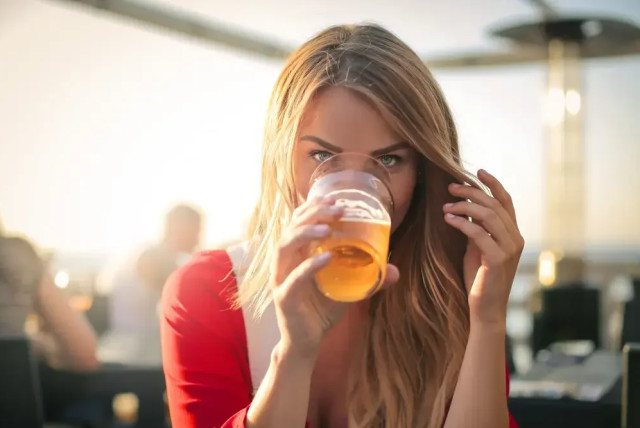Drinks and foods that affect your facial skin

The impact of drinks and foods on facial skin is a popular topic on social media. We consulted a dermatologist to get the real scoop on what really affects our skin.
Skincare enthusiasts are inundated daily with posts on social media explaining what products to buy or what techniques will make our faces look young and fresh but, because our skin types can be so different, not everything works for everyone. And in any case, everything costs a lot of money, and some of it is not even backed by research. In practice, not only genetics and our exposure to the sun have an effect on the appearance of the skin, but also the food and drink we choose to put in our mouths every day.
The effect of foods on our quality of life, lifestyle and even longevity is one of the hottest topics in the world of medicine. The food we eat reflects not only on our weight, but also on processes in the body, some of which are visible on the surface - the skin. So what foods and drinks can affect the skin?
"The first of the foods that cause an effect on the skin of the face is caffeine," explains Dr. Lehavit Akerman, an expert in dermatology. According to her, it is important to separate caffeine consumed in the diet from caffeine applied - the kind found in cosmetic products. "It is commonly thought that caffeine dries the skin because it Absorbs water out of it, and in addition it is known that caffeine in increased consumption has negative effects on the functioning of the body. But studies from recent years show the opposite.
It is known that caffeine in a low dose can be an antioxidant and thus improve the skin's ability to fight free radicals, meaning that it has an anti-aging effect and an effect that helps get rid of external waste in the skin.
Also, caffeine when applied to the skin has a positive effect on blood circulation and therefore improves hair growth. So shall we start drinking caffeine in quantities now and it will make us younger? Definately not. It's all a matter of balance and dosage. As long as you consume caffeine in a small amount - it will not have a negative effect on your skin."
"In addition, eating products that contain a lot of beta-carotene, such as carrots and other orange vegetables, greatly affect the appearance of the skin. These vegetables do contain a lot of vitamin A, but they can cause the skin to have a yellow-orange hue (sometimes confused with jaundice). This has no consequence health for this change in style, but only an aesthetic effect, which of course is completely reversible."
"Alcohol has a harmful effect on the skin, and this is not new," explains Dr. Akerman. Those who suffer from rosacea - a chronic skin disease) and therefore it is recommended not to drink too much alcohol as a regular routine, certainly in those who have a tendency to facial redness or rosacea."
"Diet drinks are not healthy in general because of the aspartame, which is harmful to the body in general, not necessarily to the skin. Artificial sweeteners have a harmful effect on the body in general in many aspects. Among other things, it also affects the skin, mainly in the form of allergies. In any case, consumption in a moderate dose does not constitute A significant health problem, but over time and with frequent use it should be taken into account."
Jerusalem Post Store
`; document.getElementById("linkPremium").innerHTML = cont; var divWithLink = document.getElementById("premium-link"); if (divWithLink !== null && divWithLink !== 'undefined') { divWithLink.style.border = "solid 1px #cb0f3e"; divWithLink.style.textAlign = "center"; divWithLink.style.marginBottom = "15px"; divWithLink.style.marginTop = "15px"; divWithLink.style.width = "100%"; divWithLink.style.backgroundColor = "#122952"; divWithLink.style.color = "#ffffff"; divWithLink.style.lineHeight = "1.5"; } } (function (v, i) { });

